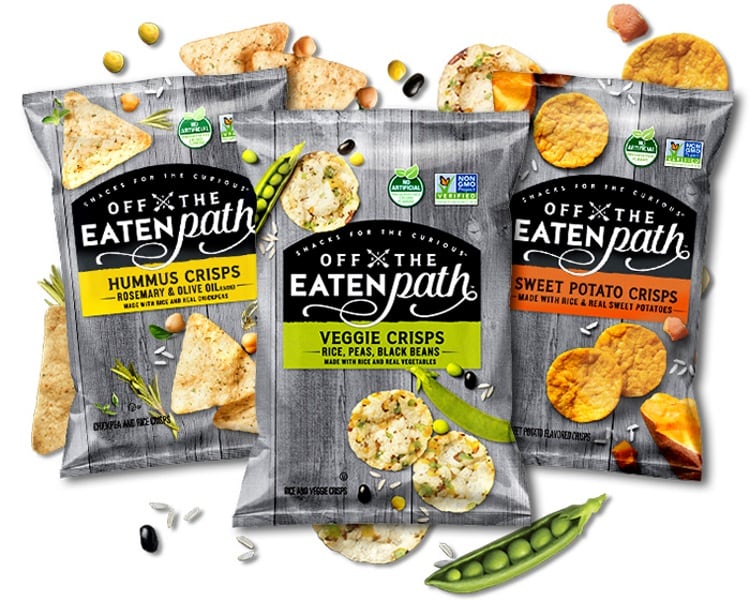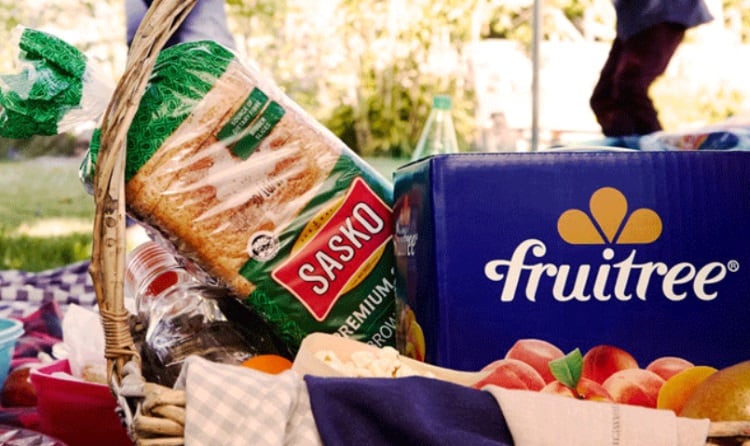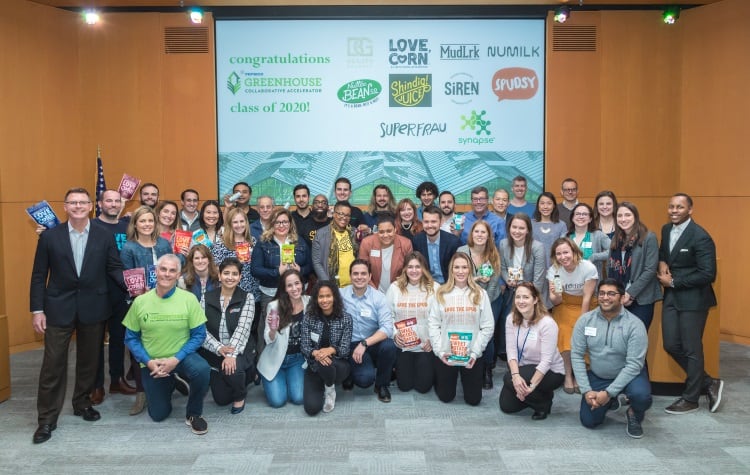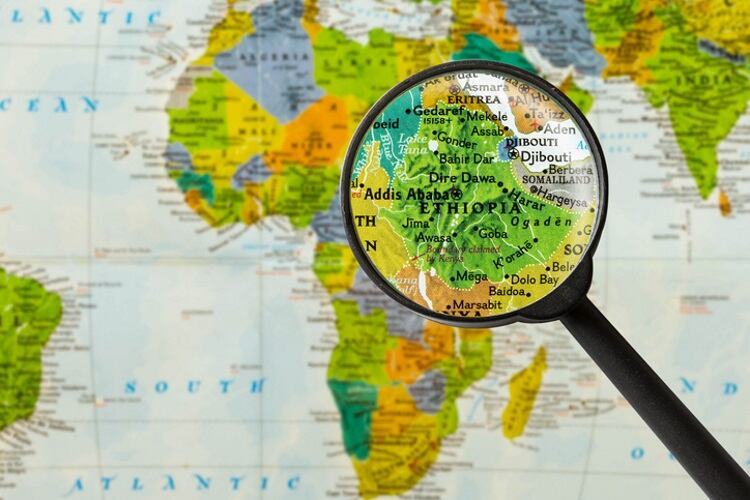He said the snack giant has been largely focusing on new launches – especially in a greater choice of healthy on-the-go snacks – and increased its global advertising and marketing spend by 12% to drive sales.
“We’ve seen the consumer continue to go back to our classics... Doritos and Cheetos and Tostitos,” Laguarta told analysts in an earnings calls.
The figure breakdown
The Purchase, New York-based company’s revenue in the last three months of the year rose 5.7% to $20.64bn, beating the market estimate of $20.27bn. It earned $1.45 per share on an adjusted basis, above the $1.44 forecast.
However, net income, which includes accounting adjustments and restructuring costs, fell a significant 74% to $1.77bn from $6.86bn in the prior-year quarter, as the impact of a tax boost dissipated.
At its Frito-Lay North America division, earnings rose 3.1% to $1.56bn and revenue grew 2.9% to $5.15bn.
Snacks sales gained 3%, powered by its core brands as well as premium brands such as Bare and Off the Eaten Path. Organic revenue grew 4.3%.
Profit in Pepsi’s North American beverage unit rose 5% and revenue climbed 4.1%.
The company also saw revenue increases in Europe (15%), Asia Pacific and China (8%), Latin America (5%) and Africa, the Middle East and South Asia (3%).
CFO Hugh Johnston said the coronavirus outbreak would have little impact on the company’s business in China, noting that five of PepsiCo’s six plants in China are already operational.
Looking forward sustainably
Laguarta outlined the company’s list of commitments in his earnings report.
This year, PepsiCo plans to transition to 100% renewable energy in its US direct operations and reduce the greenhouse gas emissions across its entire value chain by 20% by 2030 to mitigate the impact of climate change.
It also intends to achieve 100% sustainably farmer-sourced agricultural raw materials – including potatoes, whole corn, oats and oranges – by the end of 2020.
“We’re striving to improve water use sufficiency and aiming to replenish 100% of the water we consume for manufacturing in high water risk areas by 2025,” said Laguarta.
“By 2025, we intend to increase recycled content in our plastics packaging to 25% and reduce 35% of virgin plastic content across all our beverage portfolio.
“And finally, advancing respect for human rights, promoting a diverse and inclusive workplace and increase the earnings potential of women to drive economic growth and increased food security.”
For 2020, PepsiCo expects to deliver 4% organic revenue growth and 7% core constant currency EPS growth. It also forecasts core earnings of $5.88 per share.
“We will continue to invest in our business and strive to develop advantaged capabilities that will fortify our business for the long-term,” added Laguarta.





